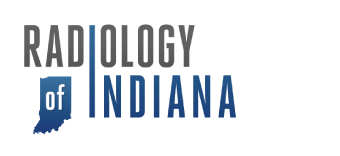Fibroids = Hysterectomy? Maybe Not. Learn Why.
When you suffer from uterine fibroids all you want is relief. Historically, hysterectomy was the only choice for fibroid treatment. However, in 1995 the FDA approved a new, non-invasive treatment option call uterine fibroid embolization (UFE). The procedure has been performed in about 30,000 women in the United States since then.
There is substantial evidence supporting the use of UFE as an alternative to hysterectomy and myomectomy for managing uterine fibroids. In addition, because UFE is a nonsurgical treatment, it might be a more acceptable choice if you otherwise would decline surgical management of your fibroids.
Here some things you should know about UFE:
– It is an extremely safe and minimally invasive method of treatment that does not require anesthesia.
– Intervention is highly effective in more than 98.5% of the cases
– There is an immediate improvement in symptoms.
– Fibroids do not return again (unlike myomectomy for which the probability of relapse is 30-40%).
– The recovery period is usually 1 day.
– There is an extremely low probability of any complications. According to comparative studies, the risk of any complications is 20 times lower than for any option of surgical treatment of fibroids.
– The uterus is not removed.
– The ability to bear children is retained.
– After UFE, fibroids are reduced in size by 42% to 83%. Patients’ satisfaction with the procedure is high (>90%), and UFE is safe and has a low rate of major complications (1.25%).
For treatment of symptomatic uterine fibroids, UFE is a safe and effective nonsurgical alternative to hysterectomy and myomectomy.
What should you ask if your doctor recommends a hysterectomy?
In these days of information overload on the Internet and other media, it is essential that you have an honest conversation with your doctor about this minimally invasive procedure as a treatment option. Following are some questions to get you started.
– Why are you recommending a hysterectomy? Are there any less invasive choices? Why not?
– Should I be considering medical therapy (hormone treatment) instead of surgery?
– Why are you recommending a hysterectomy? What if I don’t pursue the surgery at this time?
– Do you know about and do you refer any of your patients to have uterine artery embolization?
– Is it something I should consider? Why or why not?
– What will my recovery be like with a hysterectomy? With UFE?
– What about psychological/emotional effects of each option?



